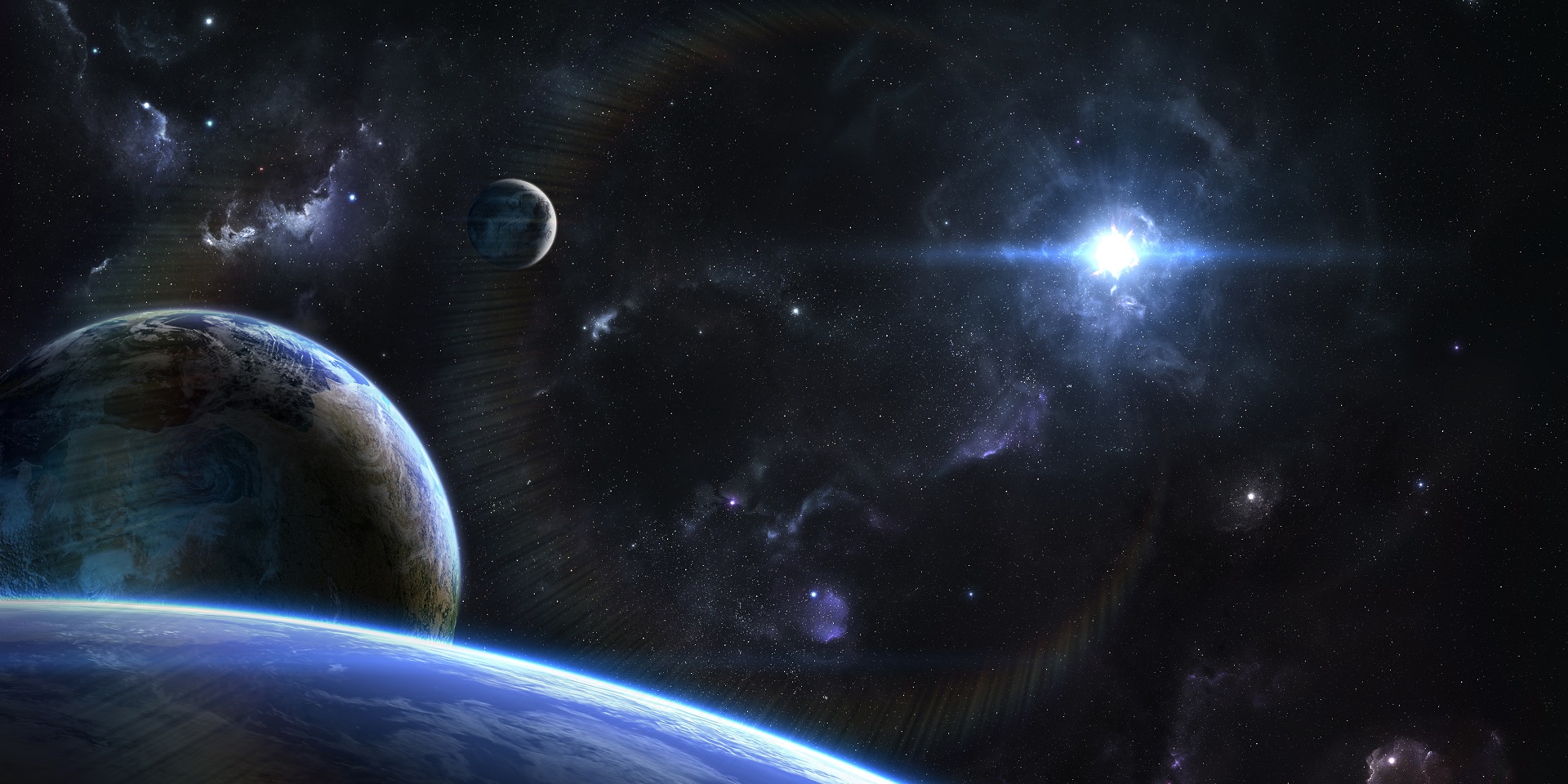“Is God dead?” was the question on the cover of Time magazine on April 8, 1966. Three-and-a-half years later (December 26, 1969), the publication changed that to: “Is God coming back to life?”
This is the tension faced by both Christians who secretly fear that God does not exist, and atheists who wonder if they are mistaken. It is natural for faith to decrease, says the theory of secularisation, on the one hand, which claims that the decrease of faith in God and interest in religious practice is the natural consequence of the development of education and science.
There is no decline, say theorists, on the other hand, who argue that religion is only undergoing a transformation through an increased emphasis on spirituality and a moving away from institutionalised religion. The common human tries to skilfully navigate among these theories, to try to figure out what they should believe and what not. Trying to make an objective synthesis of the statements of atheist scientists and famous clerics, many break into a sweat, from which they cool down by using the conclusions of certain studies about religion, since studies promise statistical objectivity.
The problem with studies is that they are often misread. A study that establishes a correlation does not necessarily demonstrate a cause-and-effect relationship. The increase in the number of educated people who no longer believe in God does not mean that intellectual development presupposes the discovery of God’s non-existence. This is misreading a study.
An increased level of education is correlated with a number of other factors such as, for example, an increased existential security, due either to a different approach to life or to a better standard of living, or to other factors. Thus, in developed countries, where existential security is better, there is also a dilution of faith in God. It is, however, only natural that it should be so—the surer you are of your life, the more easily you become independent of the God to whom people turn especially when they need support.
A report on the global evolution of belief in God in recent decades seems to confirm the above idea. According to the report, most countries are experiencing declines in belief in God, which is consistent with the theory of secularisation. However, before going all the way through with this thought and predicting, along the lines of this logic, that God will slowly and surely leave history, at least one exception and one constant must be taken into account.
First the exception. In some countries, there have been significant and consistent increases in the level of belief in God, and the report, without speculating about the causes, does not exclude the possibility that these exceptions will be repeated in the future in other countries, based on increases in existential insecurity or other factors. Changes can occur unexpectedly sometimes.
Then the constant. People believe more as they get older, regardless of era. The age factor constantly influences the embrace of faith, and the percentage difference of up to 20 points between young and old ages most likely proves that the prospect of death remains a driver of the great existential questions.
Finally, the discussion moves to another level. The conclusion depends on how one sees the future of the Planet: will we succeed in a continuous progress that will finally free us from absolutely any form of insecurity, becoming our own gods? And even then, will we manage to overcome the physical threshold of death, or at least the psychological one, so that people no longer have questions about this great passage?
The answer is not as difficult as it seems. There is clearly an evolution of civilization, but not a change in human nature. No matter how effective external constraints become, without an essential change in human nature itself, existential insecurity cannot be eliminated. With regard to overcoming death, the discussion horizon touches even more obviously the field of science fiction.
Norel Iacob is the editor-in-chief of The Signs of the Times Romania and ST Network.
